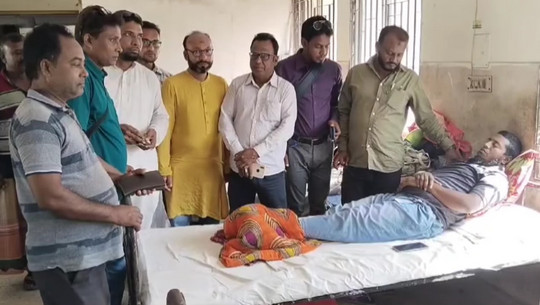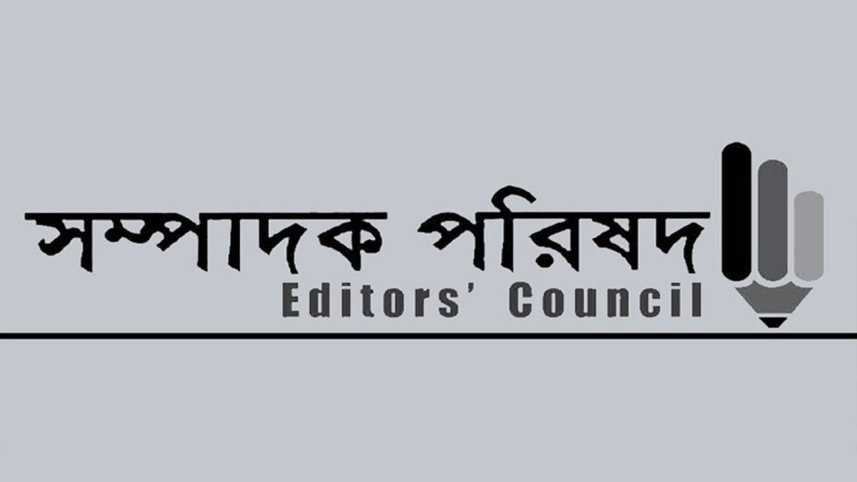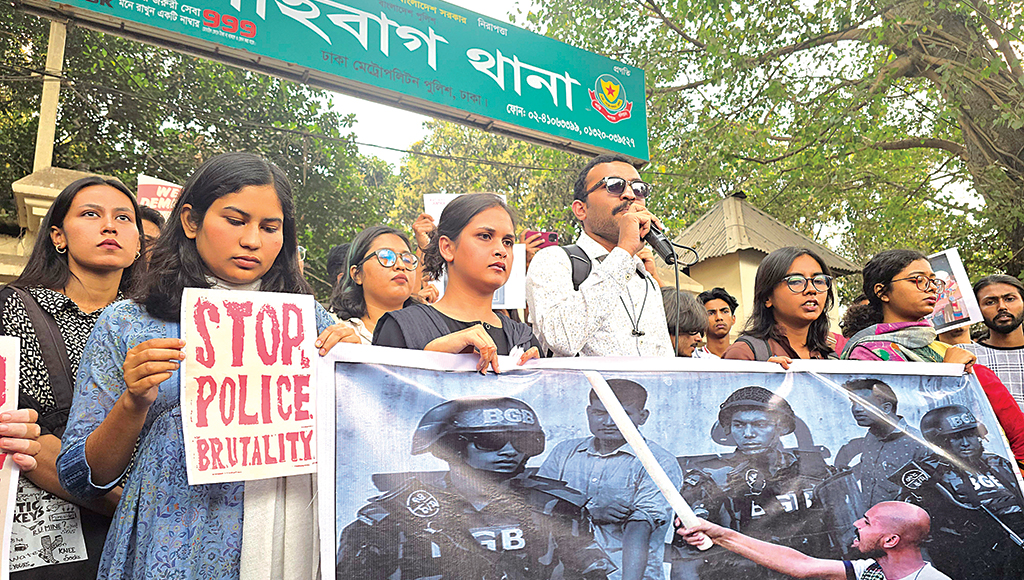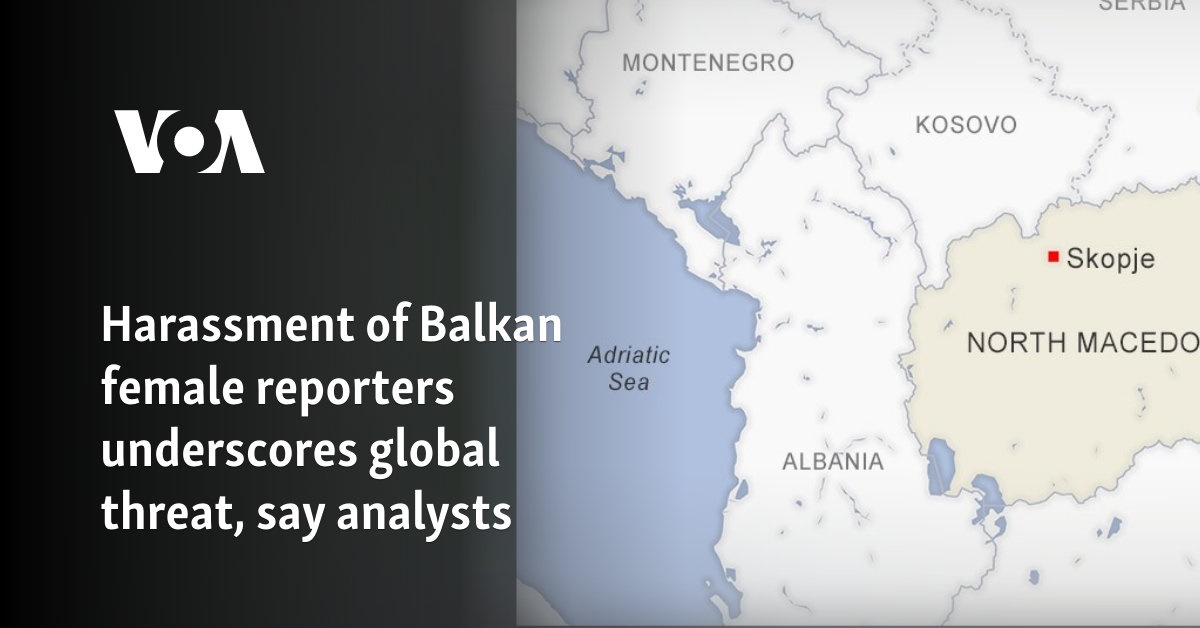
Harassment of Balkan Women Reporters Highlights a Global Crisis for Press Freedom
November 22, 2024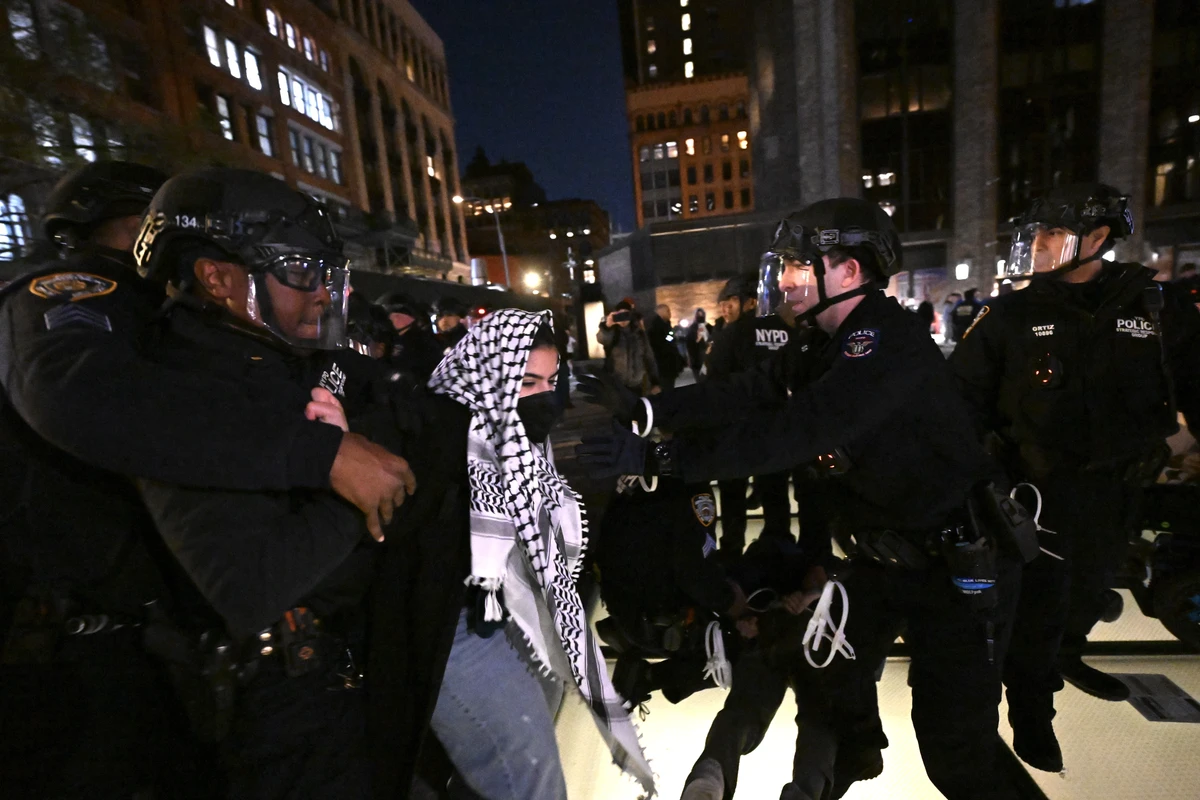
Press Freedom Under Threat as Nearly 70 Journalists Arrested in Nigeria in 2024
November 22, 2024November 22, 2024 – Bangladesh –
Bangladesh has witnessed a surge of violent and legal attacks against journalists, alarming press freedom advocates. According to the International Federation of Journalists (IFJ), journalist Shahidul Islam—reporting for Khulna Gazette and News21 Bangla TV—was assaulted twice in one week in Rupsa Upazila. He was attacked by roughly 30 people wielding handheld weapons and required hospitalization. Around the same period, university journalist Mohammad Junayed Sheikh was also physically attacked on campus. In March 2025, two more journalists—N Amin Russell and Monirul Islam—were beaten while covering proceedings at Barishal Court; their motorcycle was set on fire.
The IFJ, joined by its affiliate the Bangladesh Manobadhikar Sangbadik Forum, called on authorities to investigate these assaults, secure journalists, and ensure perpetrators face justice. The Committee to Protect Journalists (CPJ) echoed these concerns, noting at least 17 journalists were attacked in February 2025 alone, illustrating a worrying escalation.
This pattern of violence is part of a much broader and systematic crackdown on the press, especially under an interim government led by Nobel laureate Dr Muhammad Yunus since August 2024. Within eight months, 640 journalists had reportedly been targeted—182 faced criminal charges, 206 endured violence, 167 were denied accreditation, while 85 senior journalists were investigated by the Financial Intelligence Unit. Such legal harassment traces back to stringent laws like the Digital Security Act and politically motivated prosecutions.
The IFJ underscored how surveillance tools and legal constraints are being used to chill investigative journalism. Violence, intimidation, credential revocations, and financial probes are increasingly employed to deter reporting on corruption, protests, and governance failures.
Civil society, press unions, and international NGOs—such as RSF, CPJ, and UNESCO—have urged the Bangladeshi government to uphold constitutional media protections, end impunity, and reverse brazen acts of suppression. Without decisive reforms, the independent press in Bangladesh risks eroding further under layers of violence, arbitrary detentions, and state-backed legal pressure.
Reference –

